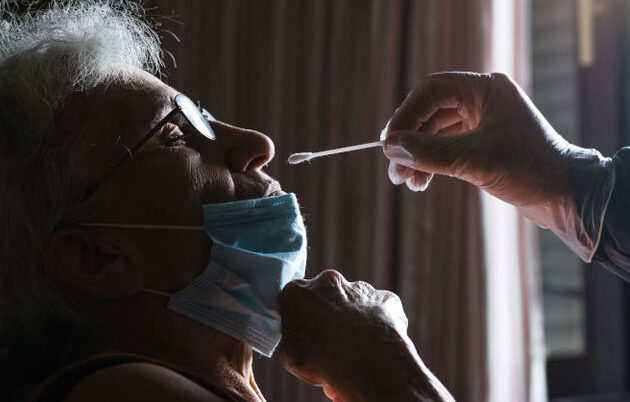Previously, the research team received Food and Drug Administration approval for an investigational new drug license, or IND, to study a cell therapy in a phase 1 clinical trial to treat radiotherapy-induced xerostomia, the technical term for severe dry mouth.
The new IND gives the research team another chance to investigate a novel personalized cell therapy that uses the patient’s own interferon-gamma activated marrow stromal cells to counteract severe dry mouth, according to Dr. Jacques Galipeau, associate dean for therapeutics development and director of PACT at the University of Wisconsin School of Medicine and Public Health.
“We are excited to be on the leading edge of research to potentially transform treatment of severe dry mouth,” he said. “This IND supports the safety and high impact potential of our precision products.”
The phase 1 trial will accept up to 36 patients with the goal of demonstrating that the therapy is safe and effective. The study will be conducted at the school in partnership with UW Health and will open for enrollment in early 2024. The trial is open to people 18 and older with graft-versus-host disease, Sjögren’s disease or other medical causes of dry mouth.
Graft-versus-host disease is a condition that occurs during stem cell transplantation when donor cells attack the recipient’s cells.
Sjögren’s disease is an immune system disorder that affects moisture-producing glands in the eyes, mouth and other parts of the body, and often accompanies other conditions like rheumatoid arthritis and lupus.
The trial will be led by Dr. Sara McCoy, associate professor of medicine, UW School of Medicine and Public Health, and a rheumatologist at UW Health.
“Ultimately, we hope this study will provide major advancements in the quality of life of patients with severe dry mouth,” she said.
Severe dry mouth limits the ability to eat and speak, and is a major cause of tooth decay. The condition causes reduced quality of life for many patients according to McCoy, who is an internationally recognized expert in Sjögren’s disease. At UW Health, McCoy runs one of two Sjögren’s clinics in the Midwest that serves patients from across the United States.
“For most patients, the current standard of care includes eating specially prepared food, consuming sugar-free candies, using special gels or sprays to wet the mouth and having a bottle of water at hand day and night,” she said. “I think we can do better for these patients, and this study is a great first step to finding that solution.”

